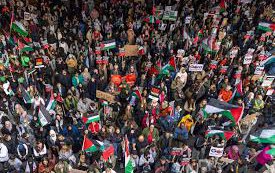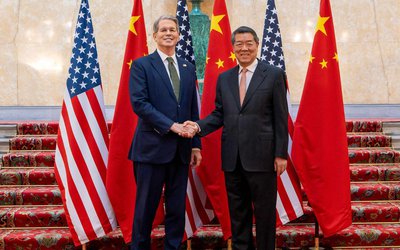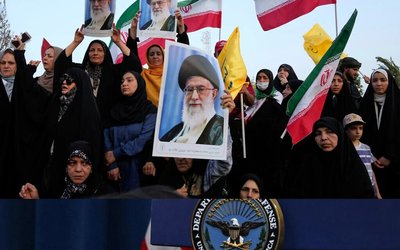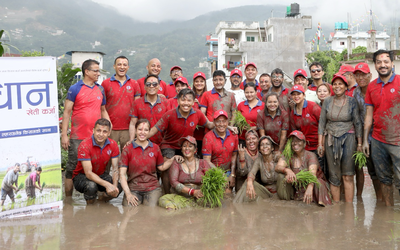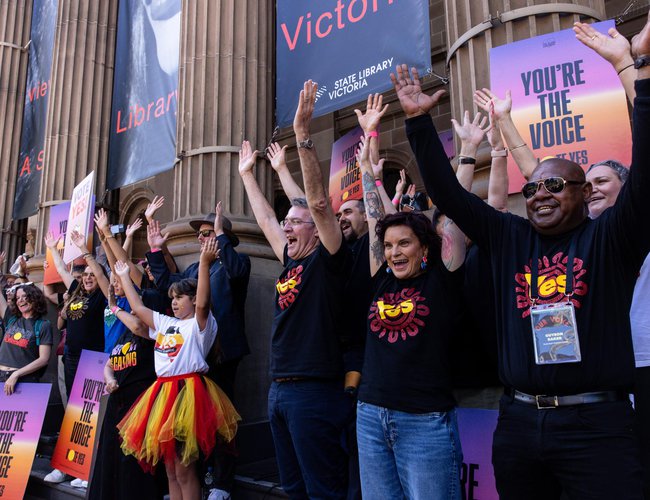
Australian voters have rejected a proposal contained in a referendum to give more recognition to indigenous people.
The proposal included a new advisory body that supporters said would have helped to reflect the voices of indigenous people in national policies.
Indigenous people in Australia had been openly discriminated against until the 1970s. They still have lower household income, lower educational levels, and shorter life expectancy compared with others in the country.
The referendum asked voters whether the Constitution should be revised to allow for the establishment of a new advisory body to reflect indigenous voices.
They were also asked whether the Constitution should clearly state that indigenous people are the First Peoples of Australia.
The election committee announced that the proposal was rejected by a majority vote. About 40 percent were for the proposal, and 60 percent were opposed.
Opinion polls early this year had indicated that the "Yes" votes outnumbered the "No" votes.
Some critics have said the power of the new body had not been clearly defined. Others said that giving indigenous people preferential treatment would divide the nation.
The referendum was high on Prime Minister Anthony Albanese's agenda. He acknowledged it was not the outcome he had hoped for, but respected the voters' decision.
He expressed the hope that a new generation of indigenous leaders will emerge through discussions that have been revitalized by the referendum.
Australia touts itself as a multicultural country. But the divisive referendum has highlighted difficulties in solving indigenous issues.
- Trump urges Israel, Hamas to reach ceasefire deal
- Jun 30, 2025
- Japan's final H2A rocket puts satellite into orbit
- Jun 29, 2025
- Rally in Israel calls for Gaza ceasefire
- Jun 29, 2025
- US could bomb Iran again if it continues high-level uranium enrichment: Trump
- Jun 28, 2025
- US, China reportedly sign deal aimed at easing trade tensions
- Jun 28, 2025


